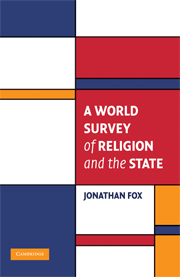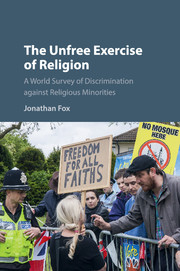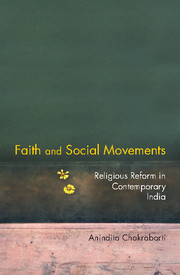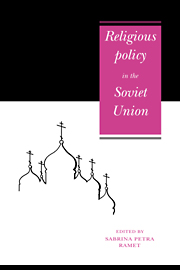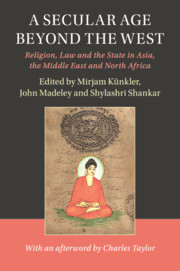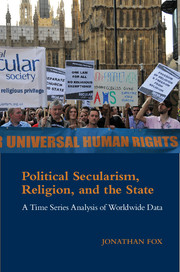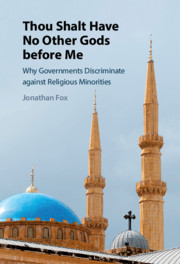A World Survey of Religion and the State
This book delves into the extent of government involvement in religion (GIR) between 1990 and 2002 using both quantitative and qualitative methodology. The study is based on the Religion and State dataset (RAS), which includes 175 governments across the globe, all of which are addressed individually in this book. The forms of GIR examined in this study include whether the government has an official religion, whether some religions are given preferential treatment, religious discrimination against minority religion, government regulation of the majority religion, and religious legislation. The study shows that GIR is ubiquitous, that GIR increased significantly during this period, and that only a minority of states, including a minority of democracies, have separation of religion and state. These findings contradict the predictions of religion’s reduced public significance found in modernization and secularization theory. The findings also demonstrate that state religious monopolies are linked to reduced religious participation.
- Most comprehensive data collection on the issue of religion and state to date
- Can be used as textbook or reference work
- Covers many subjects across many disciplines in 175 states
Reviews & endorsements
“After constructing a 62-variable data set for 175 governments, Jonathan Fox sensitively probes a series of issues that have long required but defied a multi-comparative quantitative analysis. Well-aware of both the strengths and weaknesses of such an approach, he explores the full range of hotly debated issues at the macro interface of religion and politics. Not surprisingly, the U.S. anchors one end of the separatist continuum, but surprises abound throughout this major contribution.”
-N.J. Demerath III, University of Massachusetts, Amherst
“An impressive study! From preferential treatment to religious discrimination, Fox finds the intersection of religion and state a busy one. Relying on a massive new data collection of 175 governments, Fox dismisses claims about the reduced public role of religion and provides one of the most thorough overviews of church-state interactions to date.”
-Roger Finke, Professor of Sociology and Religious Studies and Director of the Association of Religion Data Archives (ARDA), Pennsylvania State University
“[A World Survey of Religion and State] is the most authoritative work of its kind. With 175 states included, and a wide range of indicators about the place of religion within them, this study is unprecedented. In contrast to conventional academic wisdom over several decades, religion turns out be very significant around the world. The findings are important: We find most states give preference to some religions over others, diverse patterns of government support for religion, persistent government attempts to protect citizens from ‘bad’ religions, links between national identity and religion, the globalization of religion, differences between local and national governments, and many other interesting things. This study is a significant addition to work on religion, politics and society -- a must read for those with an interest in those areas and even beyond.”
-Patrick James, University of Southern California
"Fox's analysis is noteworthy for his efforts to synthesize and combine both quantitative and qualitative methodology."
Canadian Journal of Political Science, Yasemin Akbaba, Gettysburg College
Product details
May 2008Paperback
9780521707589
400 pages
233 × 154 × 24 mm
0.56kg
74 tables
Available
Table of Contents
- 1. Introduction
- 2. The question of religion's role in politics and society: modernization, secularization, and beyond?
- 3. Quantifying religion
- 4. Global GIR from 1990 to 2002
- 5. Western democracies
- 6. The former Soviet bloc
- 7. Asia
- 8. The Middle East and North Africa
- 9. Sub-Saharan Africa
- 10. Latin America
- 11. Patterns and trends
- 12. Conclusions.

